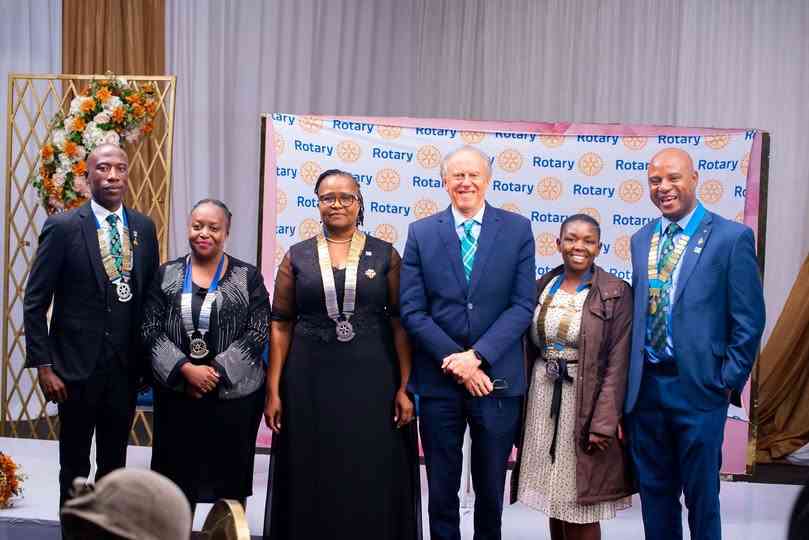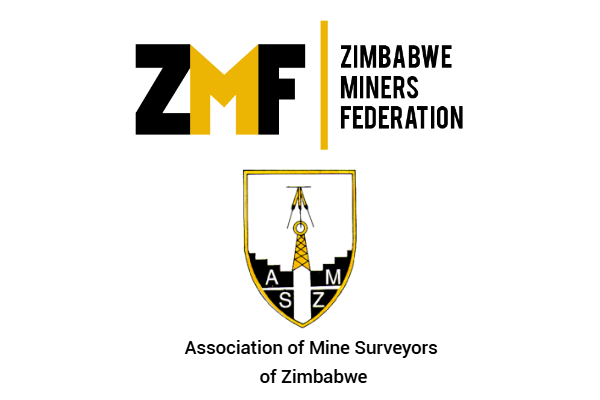
JOURNALISTS have been urged to uphold ethical standards and professionalism in their reporting as part of efforts to combat misinformation and build public trust in journalism.
This came out during a recent training for media practitioners on climate change reporting hosted by the Zimbabwe Environmental Law Association in Kadoma.
The training brought together journalists from various media houses to strengthen their capacity in covering climate change and environmental issues.
The objectives included enhancing skills in environmental journalism, promoting data-driven reporting, addressing misinformation and facilitating the sharing of experiences in covering climate change and the extractive sector.
One of the key discussions at the workshop focused on the integrity of journalism amid a rise in information disorder and the spread of inaccurate or unverified content, especially through social media.
Speaking during the training, Voluntary Media Council of Zimbabwe (VMCZ) head of programmes Caroline Kuhudzai expressed concern over the growing number of complaints received about unethical journalism practices.
“We have noted an increase in complaints, especially concerning people masquerading as journalists who do not follow the Code of Ethics,” she said.
“It is important for journalists to remain ethical and professional in their reporting so they can distinguish themselves from the noise.”
- Act on Pandora Papers expose
- Pandora Papers: Top Mnangagwa official exposed in biggest leak
- Act on Pandora Papers expose
- Pandora Papers: Top Mnangagwa official exposed in biggest leak
Keep Reading
According to VMCZ, the number of complaints rose from 31 in 2023 to 39 in 2024.
A significant portion — 58% — related to violations of the section on accuracy and fairness.
“Many of these issues arise from things that could have been fact-checked before publishing,” Kuhudzai said.
“We understand journalists work under pressure and tight deadlines, but the media must make fact-checking a priority to ensure their stories are accurate, balanced and fair.”
She also highlighted concerns over consent, saying that some complaints involved the quoting of individuals without their permission.
“We urge journalists to always seek consent and adhere to ethical standards to safeguard the profession.”
Kuhudzai warned that the rise of untrained individuals disseminating information under the guise of journalism presents a serious threat to media credibility.
“The only way professional journalists can maintain public trust is by sticking to the Code of Ethics.”
The training emphasised the vital role that journalists play in shaping the public’s understanding of climate change and the environment.
Participants were encouraged to embrace data-driven storytelling and fact-based reporting to raise awareness and drive change.









